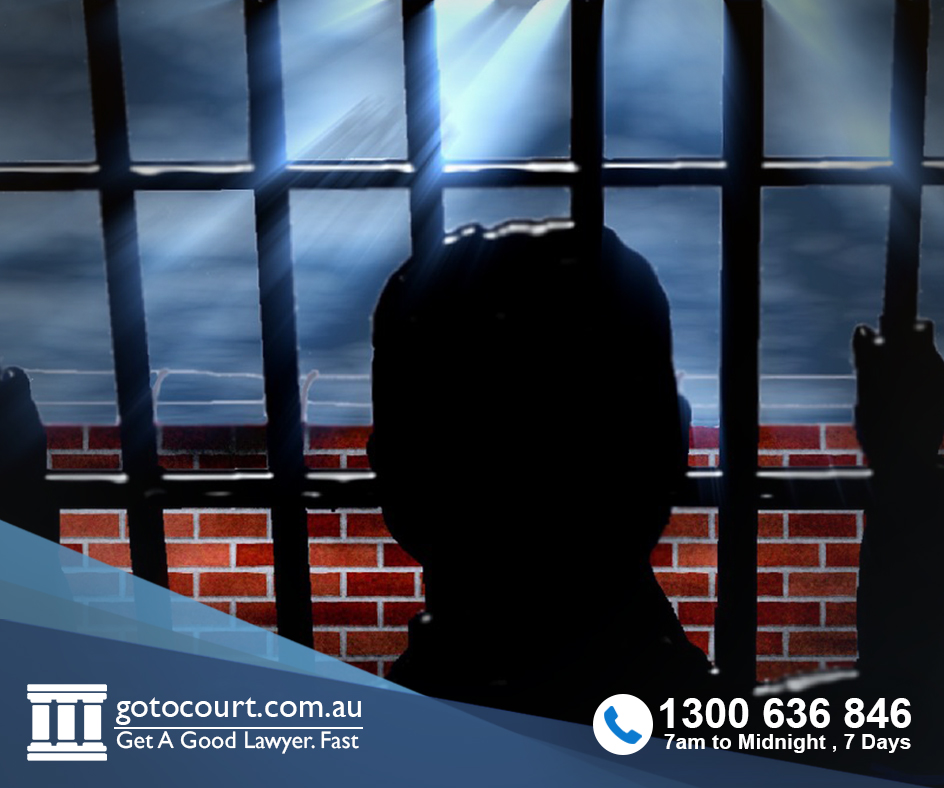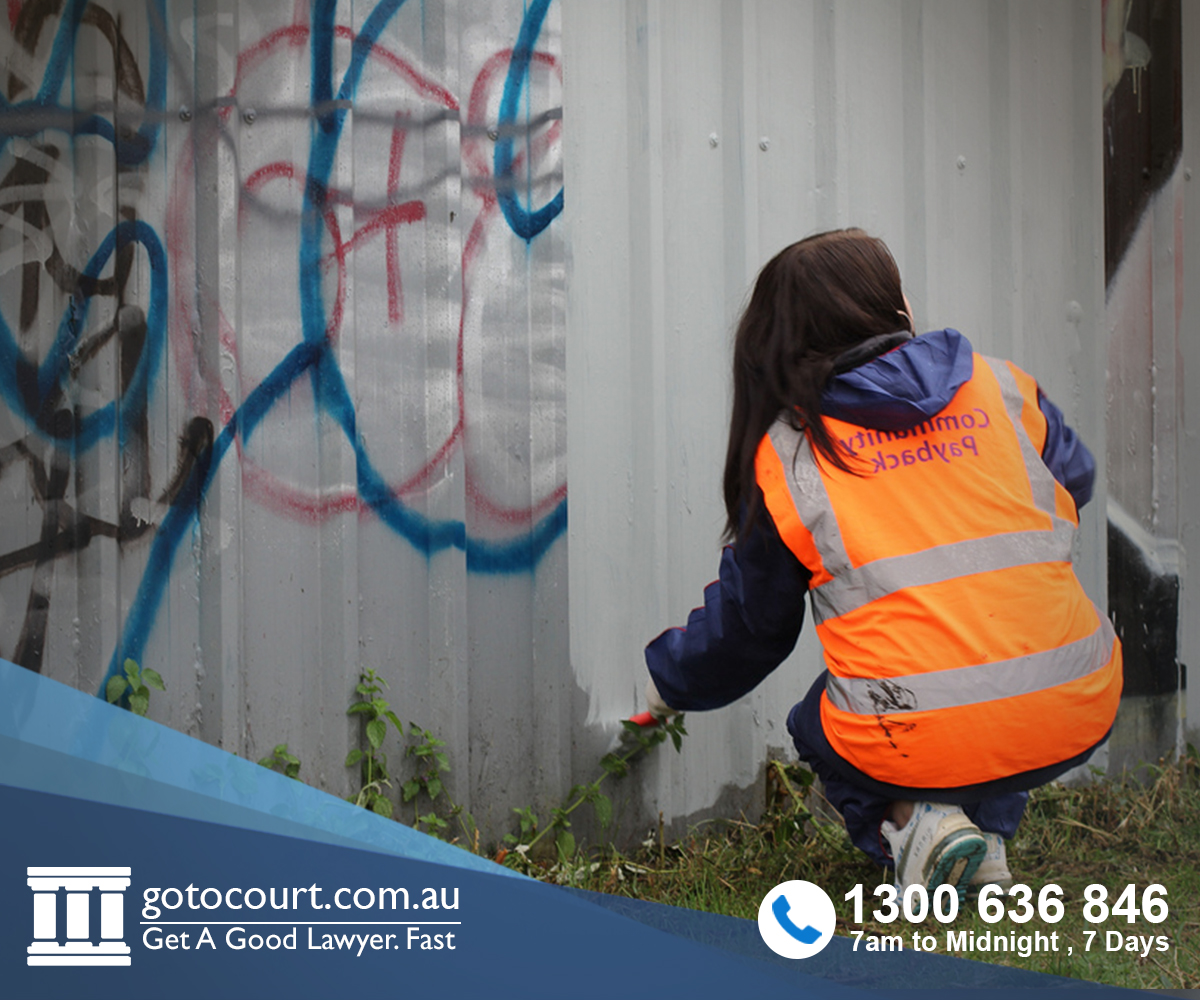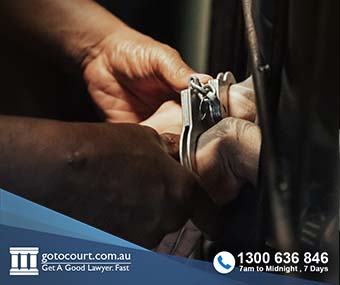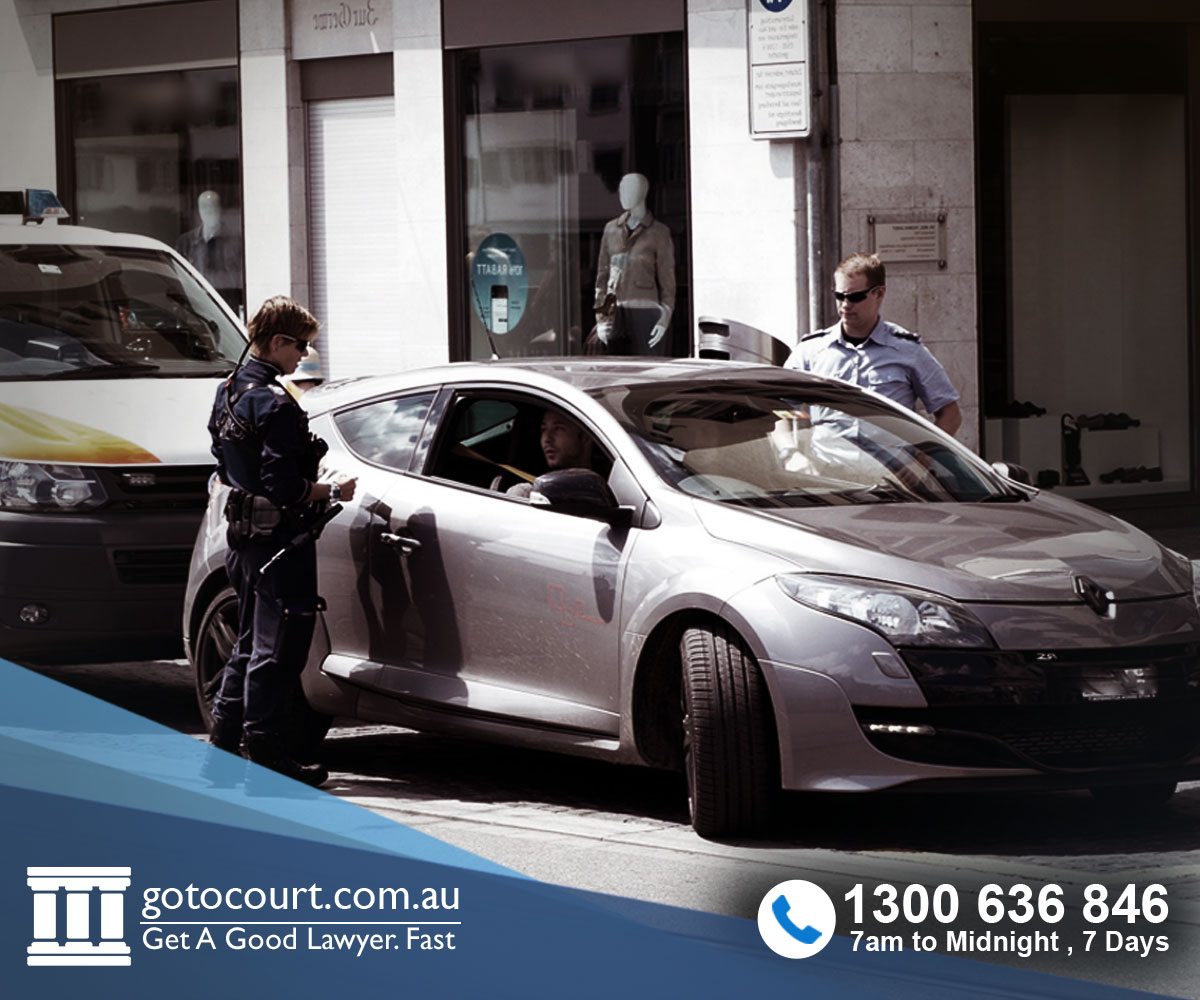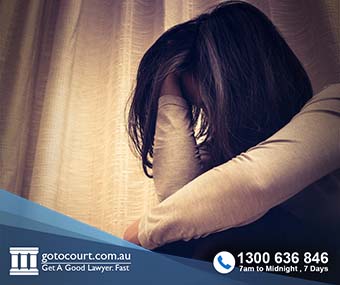Intensive Correction Orders (NSW)
When sentencing offenders for serious offences, New South Wales courts can impose Intensive Correction Orders (ICOs) as an alternative to full time imprisonment. Suspended sentences have now been abolished in New South Wales.
An ICO is a custodial sentence of no more than two years that can be served in the community. Supervision is mandatory, and the court can impose additional conditions to address the offender’s circumstances and the issues underpinning the offending. An ICO is intended to provide an alternative sentencing option where the court considers a genuine risk exists that the defendant will reoffend if not provided with intervention programs to assist with rehabilitation.
Under the Crimes (Sentencing Procedure) Act 1999, there are some restrictions placed on the circumstances in which an ICO can be imposed. An ICO can only be imposed in respect of an offender who is over the age of 18.
What are Intensive Correction Orders?
Intensive Correction Orders are custodial sentences. As such they can only be imposed if no penalty other than imprisonment is appropriate. How lenient or severe an ICO is depends on the conditions imposed.
The standard conditions of an ICO are that the offender must not commit any offence and that the offender must submit to supervision by Community Corrections. In addition to those conditions, a court may impose additional conditions including:
- Home detention
- Electronic monitoring
- A curfew
- Community service work of a specified number of hours
- Participation in a rehabilitation or treatment program
- Not to consume alcohol or drugs;
- Non-association with particular persons;
- Not to attend particular places or areas.
What courts must consider
When making an Intensive Correction Order the paramount consideration is the protection of the community. The court must consider whether an ICO is more likely to address the offender’s risk of re-offending than a sentence of full-time imprisonment. The court must also consider general sentencing principles such as deterrence, rehabilitation, denunciation and punishment.
When can an ICO not be made?
Intensive Correction Orders must not be made for:
- Murder or manslaughter;
- Child sex offences;
- Terrorism offences;
- Offences involving the discharge of a firearm;
- An offence relating to a breach of a serious crime prevention order or a public safety order.
An ICO can only be made for a domestic violence offence if the court is satisfied that the victim will be adequately protected.
An ICO cannot be made where the term of imprisonment for a single offence exceeds two years or where the aggregate term of imprisonment exceeds three years.
Breaches of Intensive Correction Orders
Where an offender has failed to comply with the terms of an ICO, a community corrections officer may:
- Record the breach but take no further action;
- Give the offender an informal warning;
- Give the offender an official warning that any further breaches will be reported to the Parole Authority;
- Give a direction about non-compliant behaviour;
- Impose a curfew.
A serious breach may be reported to the Parole Authority, which may take a range of actions, including imposing further conditions on the ICO, varying or revoking condition of the Intensive Corrections Order or revoking the ICO.
When an ICO is revoked, a warrant for the offender’s arrest issues. The sentence being served on the ICO stops running and the offender must serve the balance of the term of imprisonment in prison.
If you require legal advice or representation in a criminal law matter or in any other legal matter, please contact Go To Court Lawyers.

